Representatives of some departments of education and training proposed that the authority to approve textbook selection should be returned to the department directors.
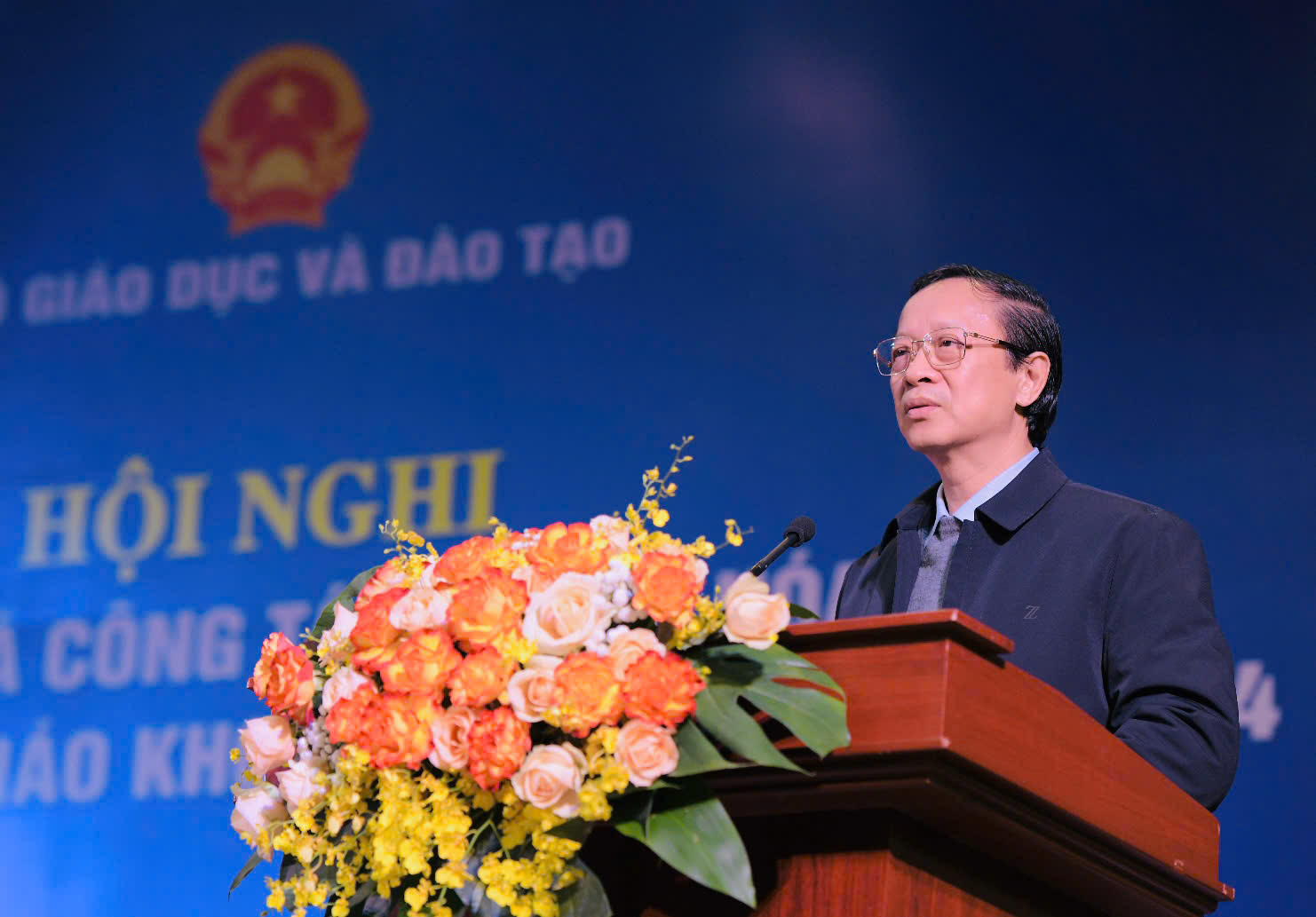
Mr. Pham Ngoc Thuong, Deputy Minister of Education and Training, chaired the conference - Photo: MINISTRY OF EDUCATION AND TRAINING
At the conference to evaluate the compilation of socialized textbooks according to the 2018 general education program organized by the Ministry of Education and Training on December 12, Mr. Thai Viet Tuong, Director of the Department of Education and Training of Quang Nam province, proposed to adjust the authority to approve the list of textbooks to the director of the Department of Education and Training instead of assigning the authority to the chairman of the provincial People's Committee as it is currently.
Are there any adjustments as suggested by local authorities?
The reason Mr. Tuong gave was that assigning it to the department would reduce the process and procedures so that books could be supplied to students sooner before the new school year.
Because in fact, the list of selected books is also compiled by the Department of Education and Training from the opinions and suggestions of schools and teachers to advise the provincial leaders.
Mr. Tran Tuan Khanh, Director of the Department of Education and Training of An Giang, also expressed the same opinion as the leaders of education and training of Quang Nam province, wishing that the right to approve the list of textbooks be assigned to the department level to ensure the shortening of unnecessary procedures.
Regarding this, Mr. Nguyen Xuan Thanh, Director of the Department of Education and Training, said that regulations on textbook selection are stipulated in current legal documents, so they cannot be adjusted as proposed by localities.
Previously, according to Resolution 88, the right to choose textbooks was given to schools, decided by the principal of the general school. However, in the Education Law, the right to approve the list of textbooks is given to the provincial People's Committee.
However, Deputy Minister of Education and Training Pham Ngoc Thuong later said that in the current context, it is true that there should not be many intermediary steps, so the ministry will certainly propose to amend the law in the direction proposed by the departments mentioned above about giving the right to approve textbook selection to the department of education and training.
Teachers must "owe" money for books so that students can have them in time.
Coming from a very difficult province like Ha Giang, a representative of the Department of Education and Training shared that Ha Giang is an area with many extremely difficult communes, with a very large percentage of students benefiting from policies.
Students who benefit from the policy are given free new textbooks. However, due to complicated procedures, the money to support the purchase of books is often not available before the new school year.
In order for students to have textbooks, the education sector must "owe" money for books to the supplier, even paying from other sources, in order to have books for students in time.
The problem is that some highland communes have been recognized as new rural areas, so many educational policies have been cut. Students in these areas, although still in great difficulty, are no longer given free books.
Every year, the education sector has to worry about asking for books for students from benefactors. However, because books are selected from many different series, donating old books is also difficult because sometimes the donated books are not the same as the selected books.

Up to now, there have been enough new textbooks for grades 1-12. There are 7 publishers and 12 joint stock companies participating in compiling and supplying textbooks - Photo: VINH HA
Ministry of Education and Training: Book prices have decreased
At the conference, the Ministry of Education and Training requested publishing units to strengthen their social responsibility, including supporting students and schools in disadvantaged areas, so that students do not go without textbooks before the new school year.
At the same time, the ministry's leaders also requested that units continue to cut down on production and business steps to reduce textbook costs.
It is necessary to diversify distribution channels to educational institutions, students and parents, speed up the supply of textbooks at least 1 month before the new school year so that teachers and students have time to read and learn the program before starting to teach.
In the report at the conference, the Ministry of Education and Training said that the two ministries (along with the Ministry of Finance) have reviewed the units' plans for declaring book prices and requested that the units make maximum cuts in common expenses to reduce book prices.
Recommend that units fulfill social responsibility in providing free textbooks for shared bookcases, for students in disadvantaged areas, and for students under social policies.
In 2024, Vietnam Education Publishing House declared to reduce the price of reprinted textbooks by 9.6% - 11.2% depending on each set of books.
According to the General Statistics Office, the textbook price plan contributes to increasing the CPI index annually by about 0.05% percentage points.
According to the 2023 Price Law, effective from July 1, 2024, textbooks are a list of goods priced by the State and the Ministry of Education and Training sets the maximum price.
However, the price of textbooks is still a matter of concern for society and parents because it is still higher than the price of books in the old program. Meanwhile, the choice of different books makes it impossible for all parents to reuse old books for their children.
One limitation that the Ministry of Education and Training identified is that some of the materials included in textbooks in some subjects, for example Vietnamese for grade 1, literature for grade 6 and natural science for grade 6 - still have different opinions, causing concern for public opinion and users.
The selection of textbooks in some places and at some times is still difficult. The implementation of teacher training on textbook use for some subjects is done online, so two-way interaction is limited.
Vietnam Education Publishing House, from 100% distribution, now has a market share of 71.8%.
According to the report of the Ministry of Education and Training, up to now, there are 7 publishers and 12 joint stock companies participating in compilation and joint compilation.
According to the Ministry of Education and Training, compared to the 2006 general education program, the number of authors participating in compiling textbooks for the 2018 general education program is three times higher.
Up to this point, statistics from the Ministry of Education and Training show that there are 826 titles. Among them, there are many textbooks compiled and approved by different units.
The selection of textbooks is carried out according to the process of consulting teachers and professional groups at the school level. Based on the list of textbooks selected by schools, the provincial People's Committee approves and sends the book supply needs to publishing units.
After three years of implementation, the distribution ratio (market share) among publishing units has changed. Vietnam Education Publishing House has gone from distributing 100% of the market share to now only 71.8%.
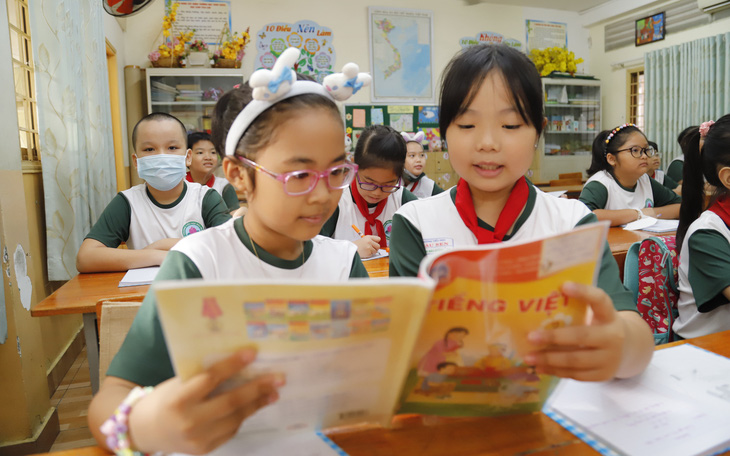 Warning about lack of transparency in textbook selection
Warning about lack of transparency in textbook selectionSource: https://tuoitre.vn/chon-sach-giao-khoa-quyen-phe-duyet-cua-giam-doc-so-hay-van-chu-tich-tinh-20241212111457102.htm



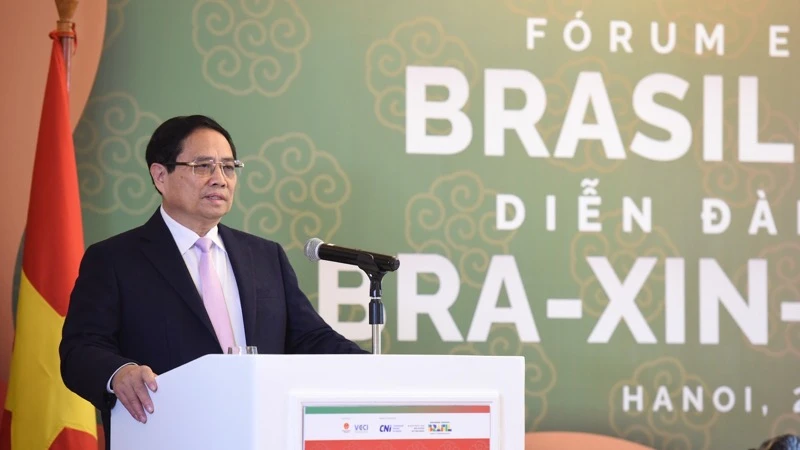

![[Photo] Brazilian President visits Vietnam Military History Museum](https://vstatic.vietnam.vn/vietnam/resource/IMAGE/2025/3/29/723eb19195014084bcdfa365be166928)

![[Photo] Prime Minister Pham Minh Chinh and Brazilian President Luiz Inácio Lula da Silva attend the Vietnam-Brazil Economic Forum](https://vstatic.vietnam.vn/vietnam/resource/IMAGE/2025/3/29/f3fd11b0421949878011a8f5da318635)
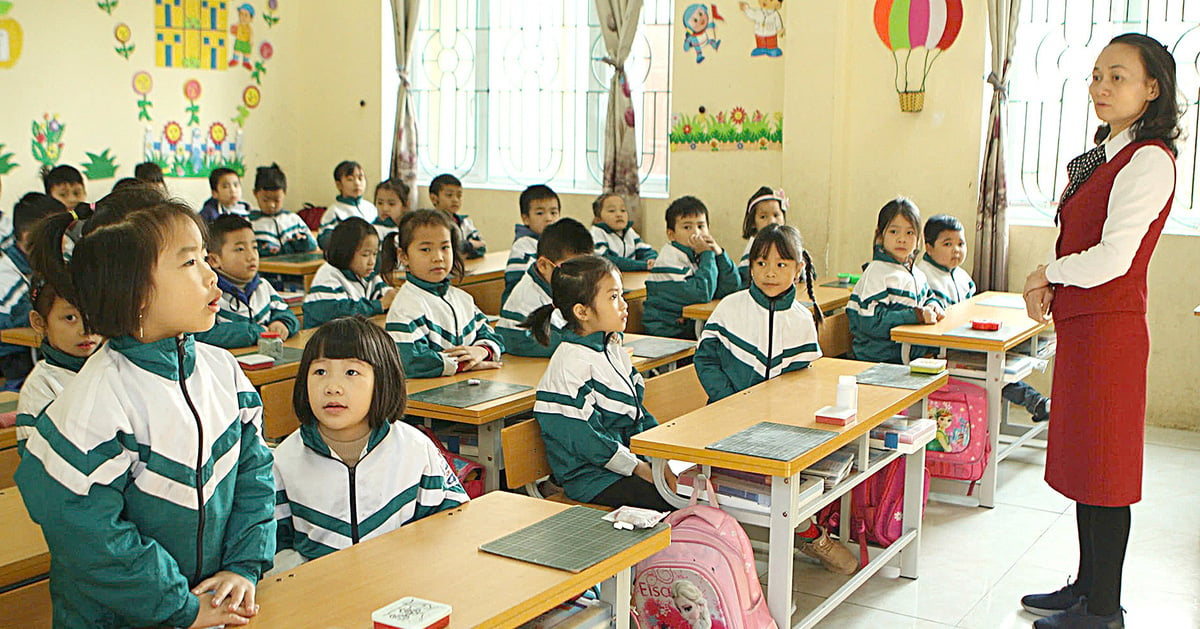

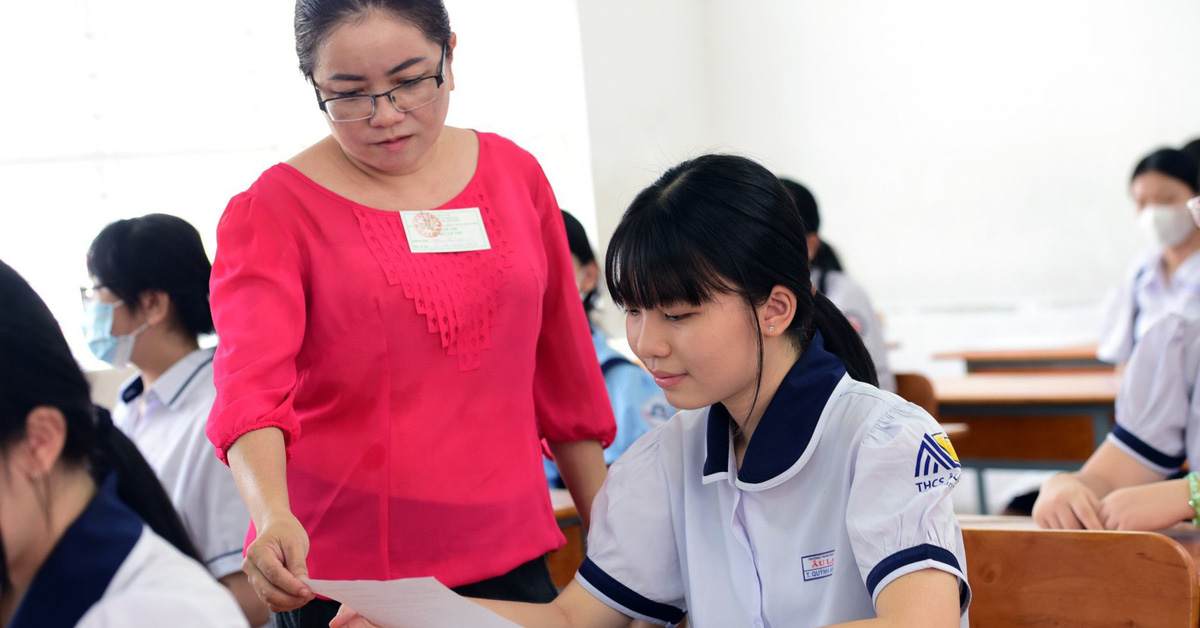
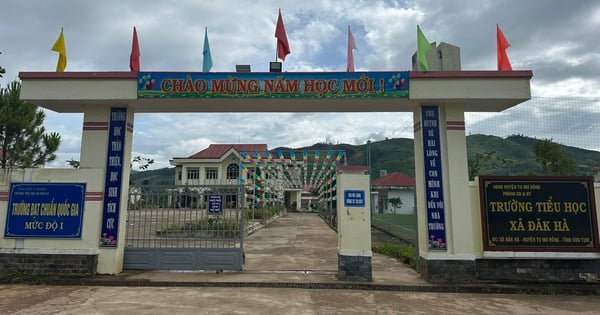

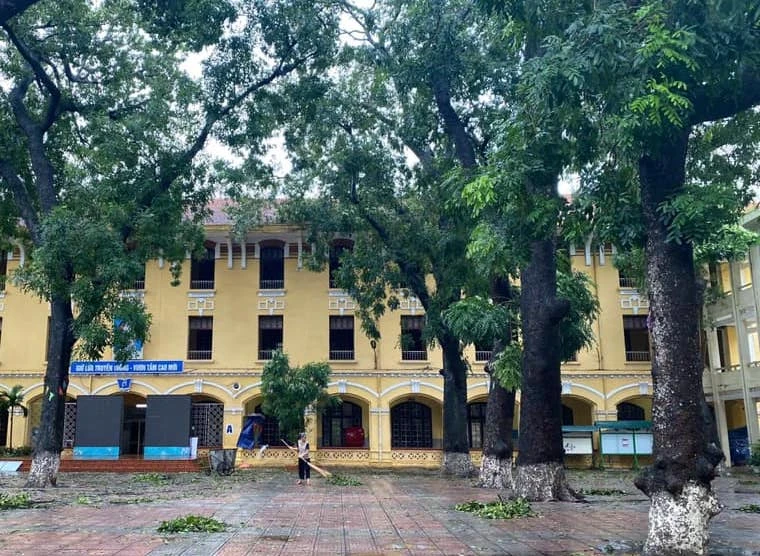

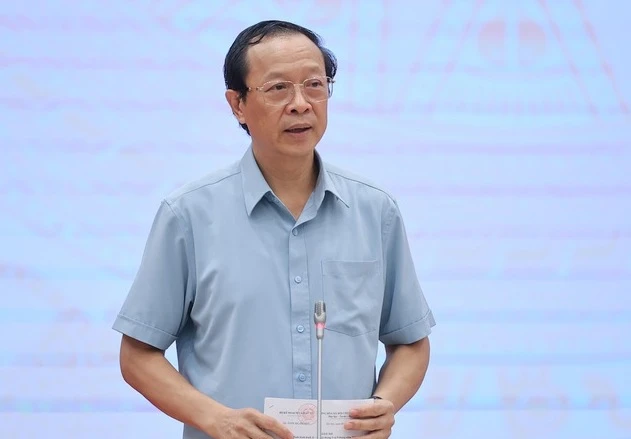

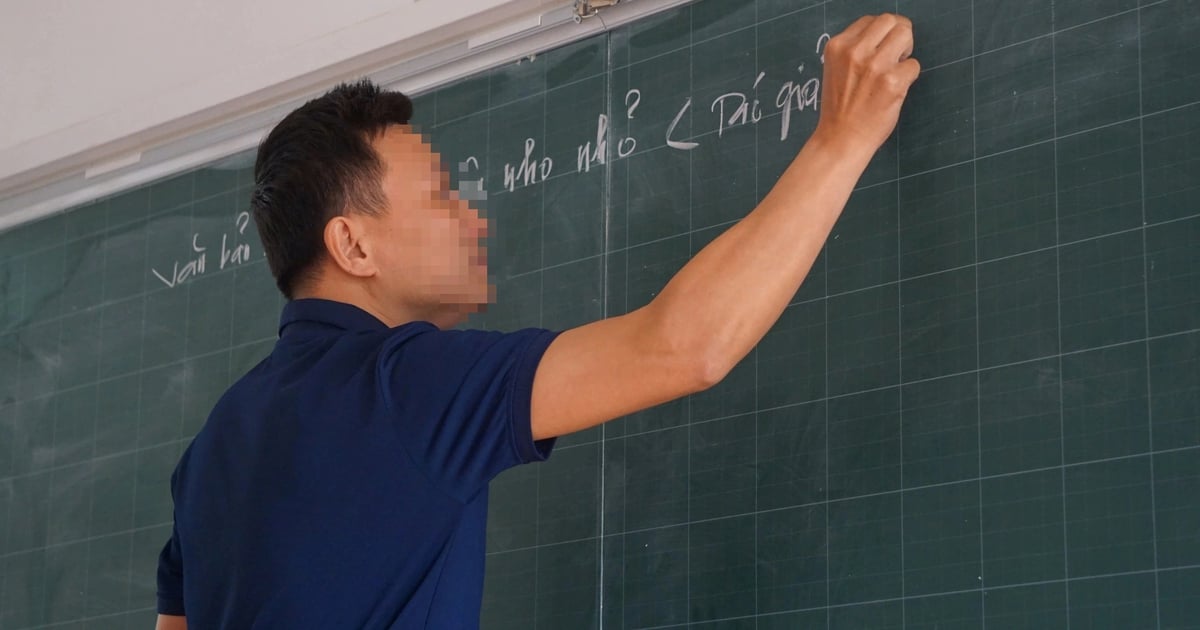


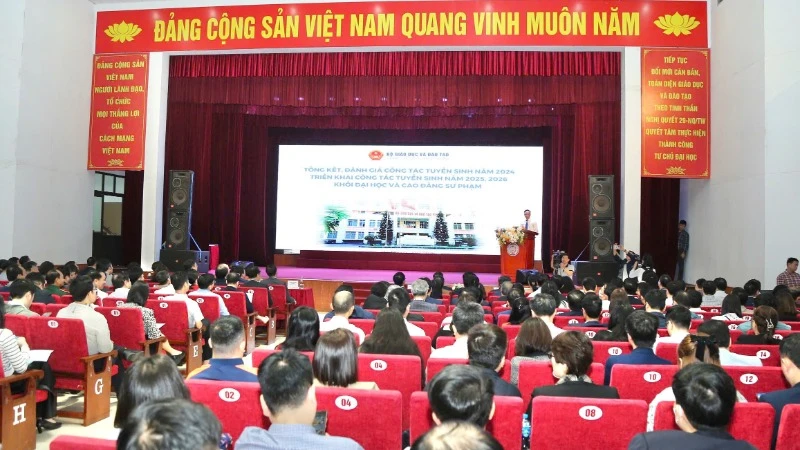







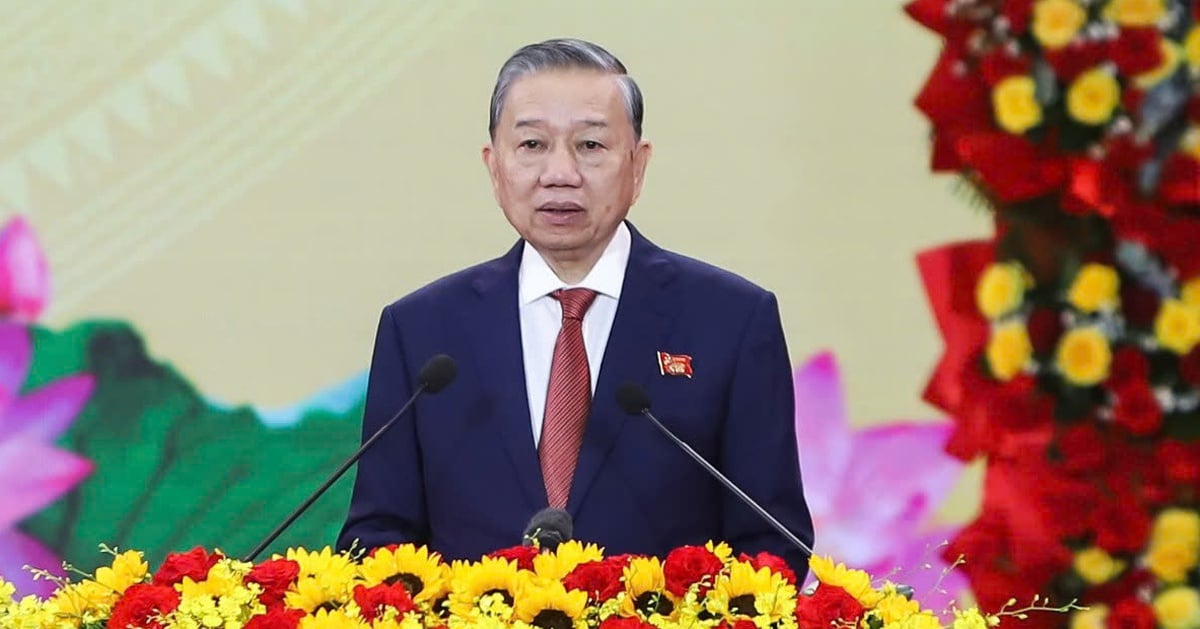
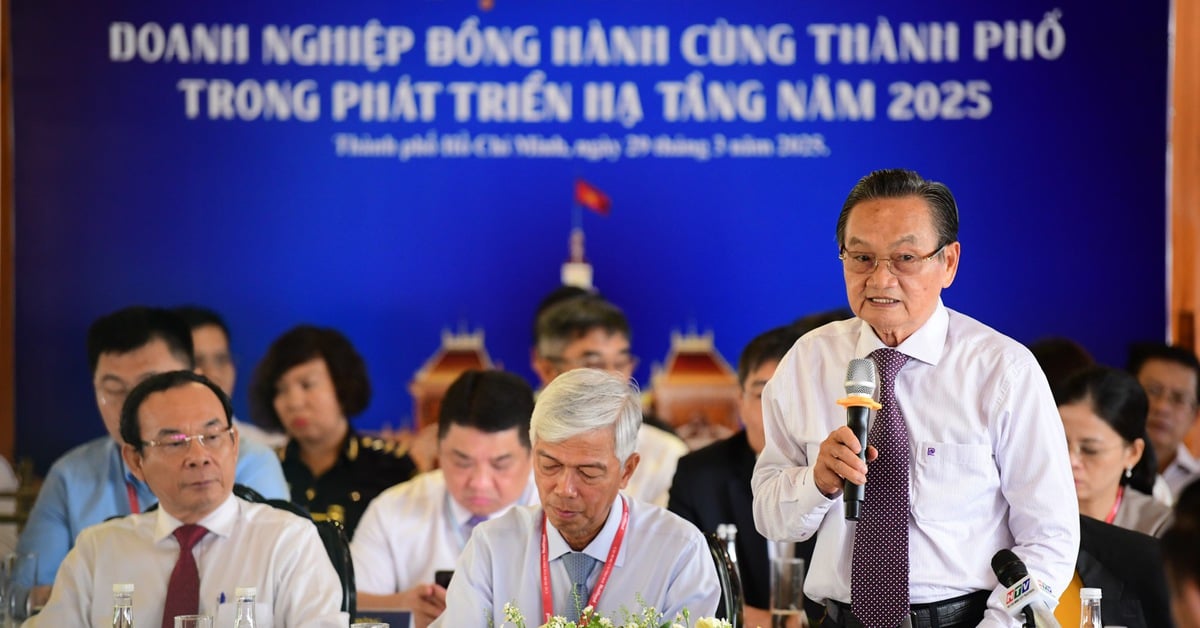



















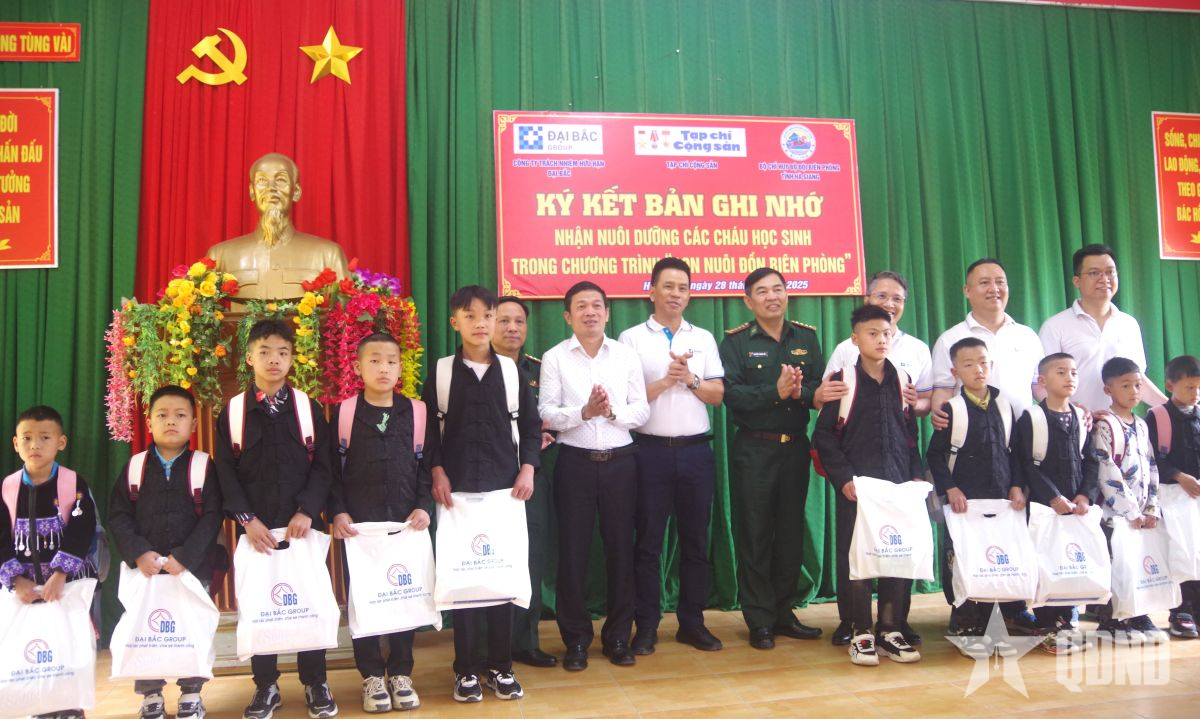















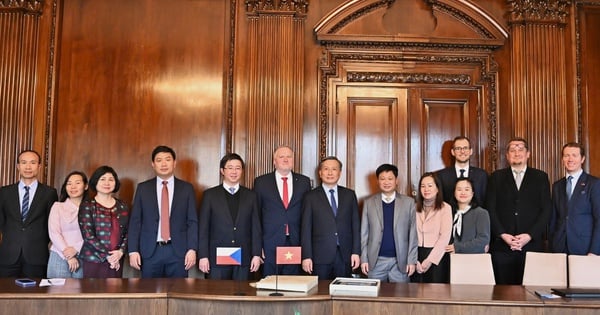

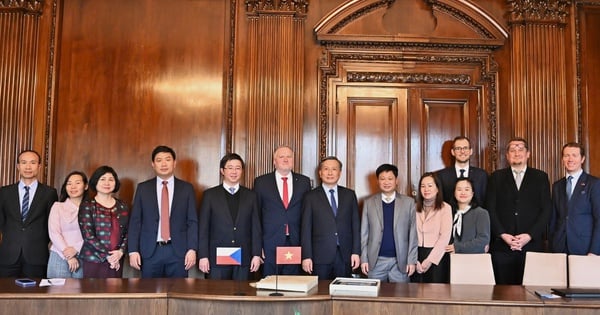



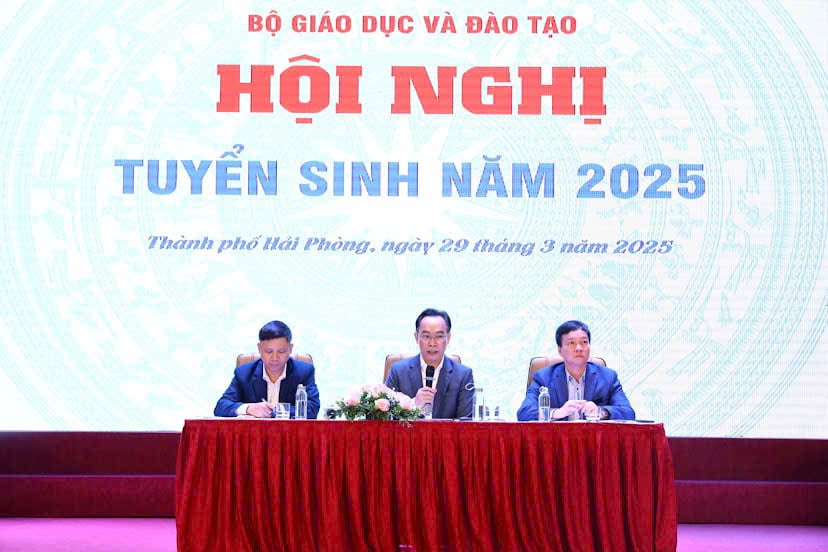






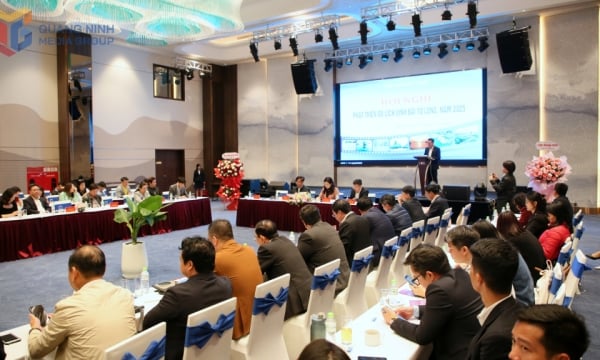


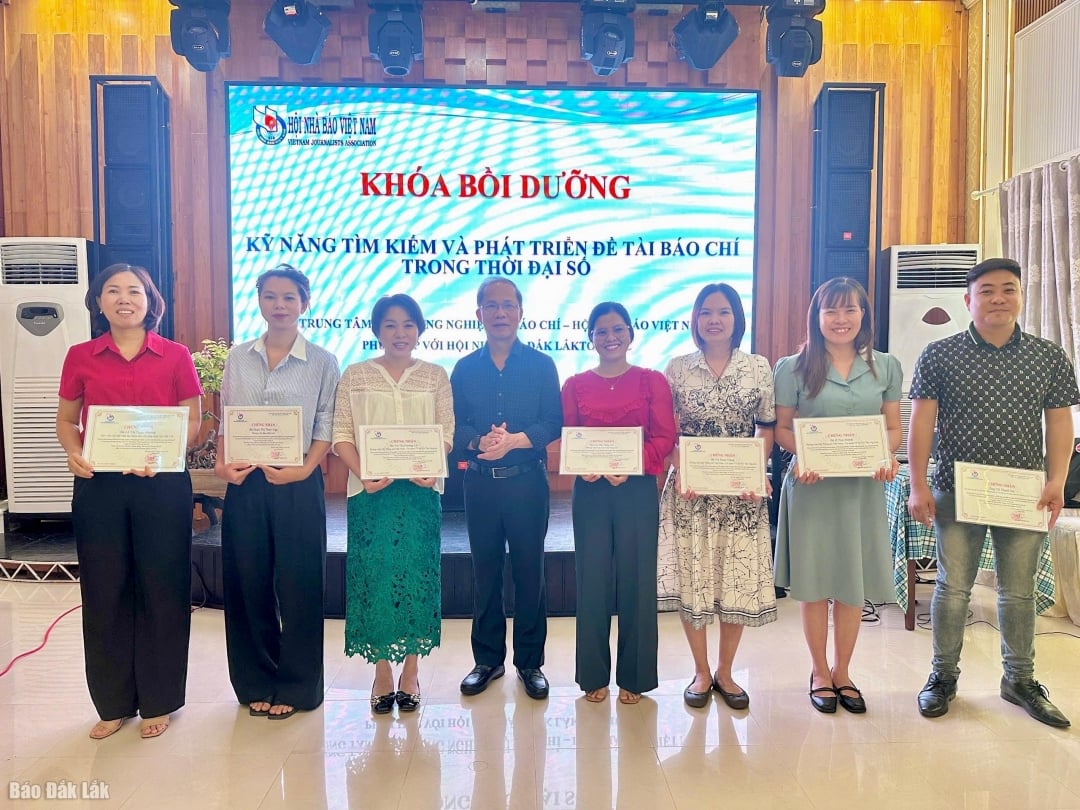










Comment (0)